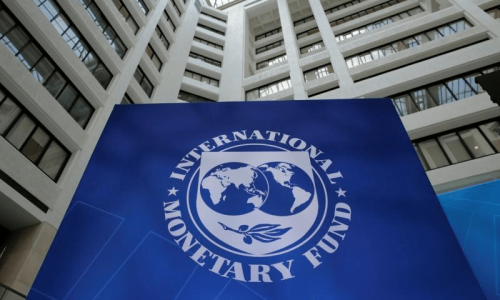KARACHI: Hub Power Co Ltd (Hubco), the country’s largest private utility, expects power consumption in the country to fall again this year due to higher tariffs and tepid industrial activity, a top executive told Reuters.
Power demand in Pakistan plunged last year by nearly a sixth and a decline in 2024 would mark the first time in 16 years that annual electricity use has fallen consecutively, data from energy think tank Ember showed.
“There is demand destruction on the industry side because the industry unfortunately is not growing,” Hubco Chief Financial Officer Muhammad Saqib told Reuters on the sidelines of the Energy Summit 2024 conference in Karachi.
“Because of the significant increases in consumer tariffs, people obviously save on fuel trying to conserve energy,” Saqib said.
Poor and middle-class households are still feeling the impact of the International Monetary Fund’s bailout of Pakistan last year, which contributed to rising retail prices including fuel and electricity charges.
Power cuts are also frequent in Pakistan, especially in far-flung rural areas, due to grid issues, delays in importing fuel and hard currency shortages, though the frequency of such outages has reduced in recent months.
Saqib said he expects a failure to carry out long-pending upgrades to Pakistan’s electricity grid would continue to contribute to inefficient power supply patterns, including the use of expensive and more polluting furnace oil despite the availability of cheaper alternatives such as natural gas.
“There is no reason to use any furnace oil because Pakistan has ample capacity for imported LNG (liquefied natural gas). But because of grid constraints, we have to use furnace oil this summer also,” he said.
Pakistan has been trying to cut down on using furnace oil for power generation and boost natural gas-fired electricity production.
Saqib said grid constraints will also likely curb coal-fired power generation and hence coal imports.
Hubco’s power plants would require 3.5 million tonnes of imported coal a year if power plants run at full capacity, but the company does not foresee imports exceeding 750,000 tonnes this year, he said.
“There is not enough capacity in the transmission lines to actually use those imported coal plants, although they’re at times cheaper than LNG-fired power.” Saqib said.
Published in Dawn, March 6th, 2024

















































